When it comes to ovarian cysts, this isn’t just a condition that can occur in humans! If you’ve ever experienced this, then you know that this can be extremely painful!
Ovarian cysts occur most commonly in female guinea pigs that are between eighteen months old and five years old. We know, this is quite the age range, but it’s important to know the signs and to be able to recognize them!
What are ovarian cysts in guinea pigs?
This is something that forms when the follicles in the ovaries don’t rupture to release the eggs, which then results in the formation of cysts on the ovaries. In most cases, the cysts can occur in both ovaries, but sometimes only one is affected—usually the one on the right.
Usually, you can feel for a cyst by gently pressing over a guinea pig's ovaries. If left untreated, the cysts can grow and eventually burst. This event can be life-threatening, so it’s important that we are able to identify it early to get your guinea pigs treatment as quickly as possible!
There are even cases where ovarian cysts were associated with uterine disease, and sometimes there will be occurrences where the pressure of the cyst on other organs can cause pain and result in other health issues, such as GI stasis.
What are symptoms of ovarian cysts in guinea pigs?
There are a few behavioral signs that you can look out for, as well as physical signs in and on their body! If your guinea pig is suffering from ovarian cysts, they’re likely to have a loss in appetite, which will result in unhealthy weight loss. It’s important to note that while a decrease in appetite is already concerning, the complete halting of eating should prompt you to call your veterinarian right away.
Your guinea pig will also experience a lot of abdominal pain and discomfort, and as a result will likely avoid your touch even more than usual due to sensitivity to that pain. You will notice that there may be some hair loss on and around their abdomen, as well as dry crusting around their nipples.
Related: Do guinea pigs have periods?
One symptom that you can’t exactly tell just from looking is that guinea pigs with ovarian cysts will often be infertile. This is something that your veterinarian will need to look into and identify for you.
Generally, if you notice any of these symptoms, it’s a good idea to call your veterinarian for a quick consultation to see if there are any steps that you can take from home, or if they need to have you and your piggy come in for a visit.
What causes ovarian cysts in guinea pigs?
One thing that can cause the formation of cysts is a disturbance in hormone levels when it comes to the ones associated with reproduction. Or, as mentioned before, the ovarian follicles fail to burst and release the eggs, which can cause the formation of the cysts.
How do ovarian cysts in guinea pigs get diagnosed?
Generally, whenever female guinea pigs have any kind of abdominal pain and they’re taken to the veterinarian, the presence of an ovarian cyst is one of the things that the doctors will try to rule out as a cause for the pain or discomfort.
The veterinarian will usually be felt by abdominal palpation, which is the proper name for the examination process used to feel for any abdominal tenderness or masses within the abdomen. However, to fully confirm that there are ovarian cysts, an abdominal ultrasound or an X-ray will need to be performed for diagnosis.
What treatment is available for ovarian cysts in guinea pigs?
Usually, when humans suffer from ovarian cysts, they’ll be prescribed some kind of hormonal therapy as treatment, but despite the many biological similarities between humans and guinea pigs, this just isn’t a viable option for them.
Unfortunately, the only effective treatment is spaying your guinea pig, which involves the removal of the ovaries and the uterus. This is done in an exploratory abdominal surgery, and is usually regarded as the best option for resolving the problem as the ovaries are totally removed and the cysts therefore can’t re-form. Antibiotics are prescribed after surgery to prevent infections.
Another treatment option can involve an ultrasound-guided aspiration of the cysts, which is done while the guinea pigs are under sedation. This involves draining the fluid from the cyst so it causes less pain, but it’s only a temporary solution and carries some risk of re-forming, or even just the general risk of surgical complications.
Keep in mind that if ovarian cysts are left untreated, the cysts will continue to grow and bursting could put your guinea pig’s life in danger.
Recovery after treatment of ovarian cysts
The recovery process after the surgery is extremely important! It’s vital to remember that the immune system and stress are connected—too much stress can put your guinea pig’s recovery, and the guinea pig themselves, in jeopardy.
While recovering, make sure your guinea pig is provided with a clean and stress-free environment away from busy, active areas in your home. This may mean that your guinea pig’s cage may need to be moved temporarily or a temporary setup will need to be put together for them!
Related: How to create the best guinea pig cage setup
Make sure that you are using bedding that can be cleaned easily and quickly, as this can make a big difference in their recovery process and insure that the incision site doesn’t get infected due to exposure to your guinea pig’s urine and poop!
The best way to ensure a smooth recovery is to utilize a cage liner that can be washed and laundered quickly and thoroughly. This means that paper bedding and wood shavings are not suitable for your guinea pig not only at this time, but in general!
By using something like the GuineaDad Liner and the GuineaDad Premium Liner, you’ll be able to ensure that there will be no infections or secondary infections during healing, or after your guinea pig has recovered.
The GuineaDad Liners are made with fibers that are coated in antibacterial agents that inhibit bacterial growth, meaning that you can rest easy knowing that your guinea pig’s bedding is ensuring that they are safe and healthy.
The liners are also ultra-soft and cushioned, meaning it will be gentle on their body as they heal. The GuineaDad Liners are easy to clean in your washing machine, and can be easily spot cleaned once a day, and then thoroughly cleaned and laundered once a week for the healthiest bedding.
In order to facilitate a proper and smooth recovery, make sure that your guinea pig isn’t trying to groom their surgical site—this can mess with how well the guinea pig’s healing will go. Make sure that you schedule follow-up appointments to see how recovery is going. They’ll be able to make any changes or other diagnoses, or even a change in medication for things like pain management and antibiotics.
When it comes to pain management, you can also help out in this regard in addition to the things that your guinea pig has been prescribed. You can feed your guinea pig the GuineaDad Chamomile Organic Herbal Treats! Chamomile has shown to work as effective, natural pain management, as well as anxiety relief.
GuineaDad Raspberry Leaf Organic Herbal Treats are also another great option because of their effectiveness when it comes to uterine recovery!
Make sure that you consult your veterinarian whenever you have any questions throughout your guinea pig’s recovery process, whether it’s changes in diet in order to make it easier for their body to digest during healing, or if there are any other things that you can do to make your guinea pig more comfortable.
For example, your veterinarian might recommend a diet that is even more plentiful in hay than before because of the fiber content! It’s important that your guinea pigs consume high amounts of fiber from their hay in order for regular and healthy digestion that allows for them to absorb the full amount of nutrients and other benefits from their food. An easy way to constantly provide hay for your guinea pig is by utilizing a feeder or rack that is densely packed with hay so you don’t have to constantly refill!
The perfect thing for this would be to utilize the GuineaDad Hay Bar or the GuineaDad Hay Box! GuineaDad’s guinea pigs, Ru and Mi, love both! Because both styles of packaging are densely packed with hay that has been microfiltered for all harmful dust and debris, you can be assured that their hay is 100% healthy and safe for them.
Can ovarian cysts in guinea pigs be prevented?
Unfortunately, this isn’t something that can be prevented, as they occur naturally in your guinea pig when there is an imbalance in hormones, or when the ovaries fail to release eggs. However, you can reduce the severity and progression of the ovarian cysts by staying observant of your guinea pigs and taking immediate notice when there are any changes.
It’s vital that you take note of any differences in your guinea pig’s behavior, physical health, or otherwise in order to get them the help and treatment that they need as soon as possible. By doing so, you can significantly reduce your guinea pig’s pain and suffering!
Want to read more about your guinea pig’s health and how to prevent them from getting sick?
Check out these blog posts to learn more.


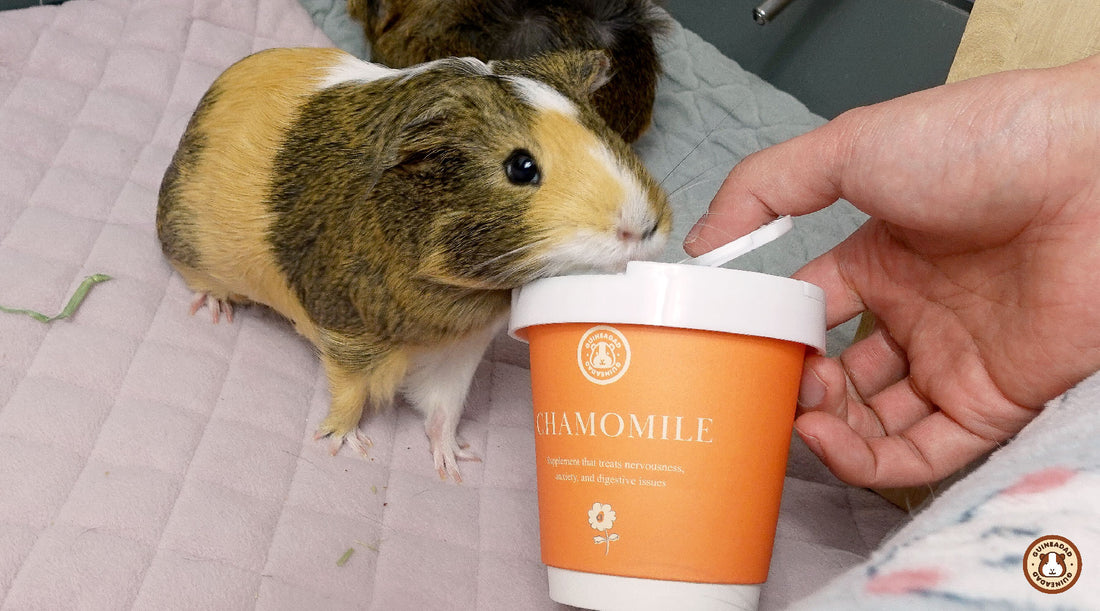













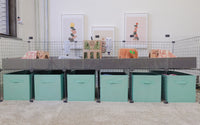



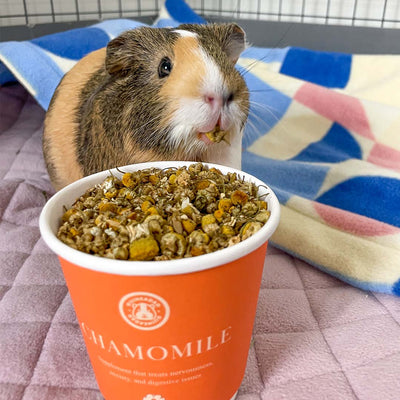
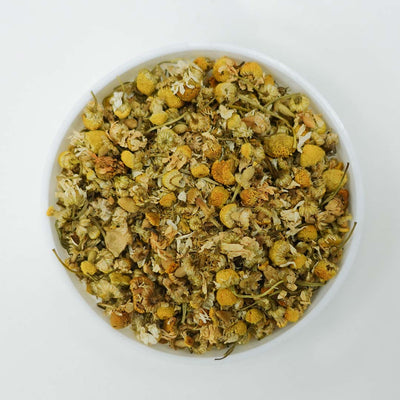
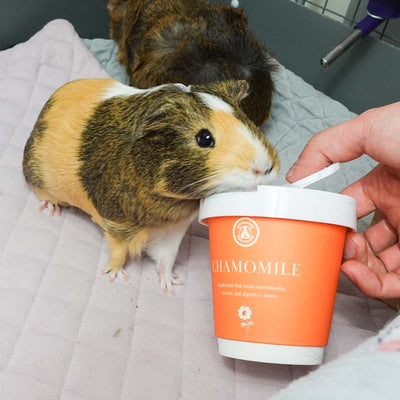
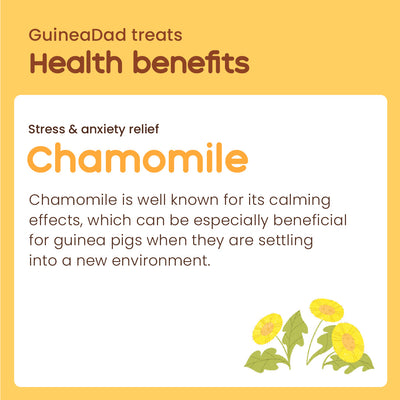
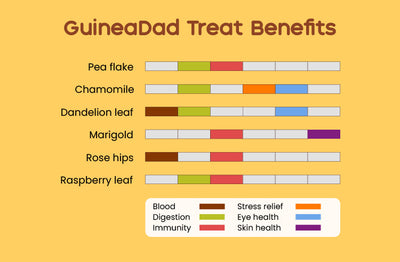

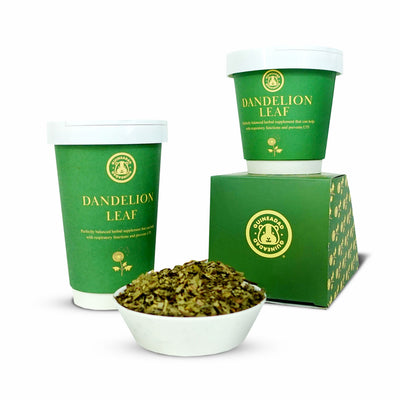
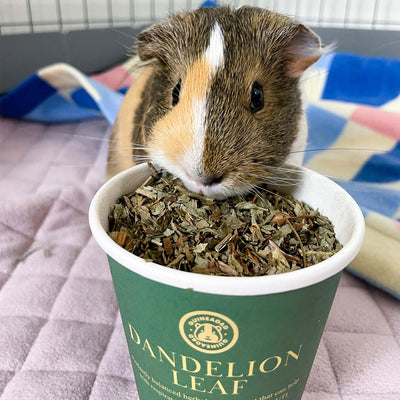
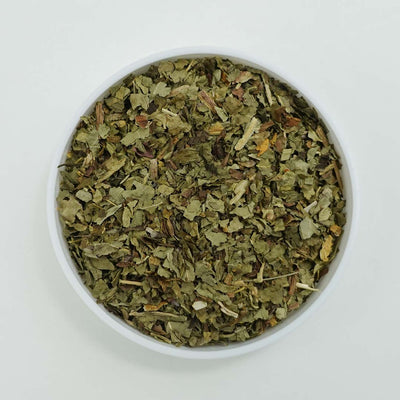
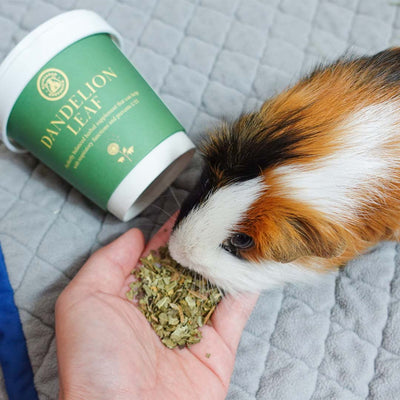
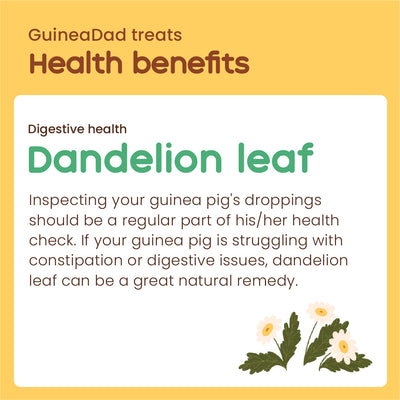
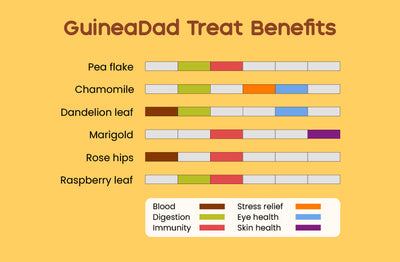
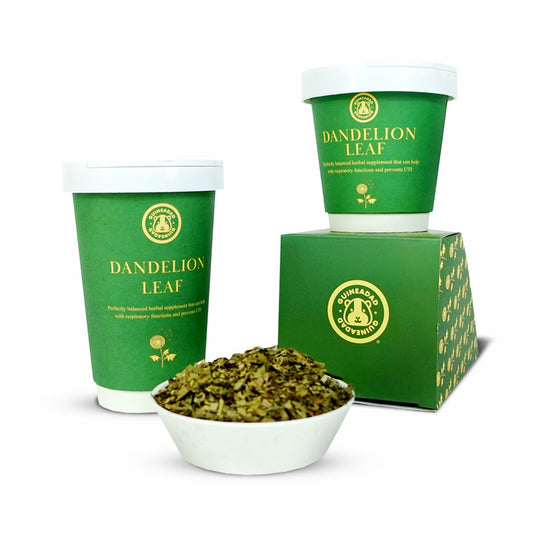
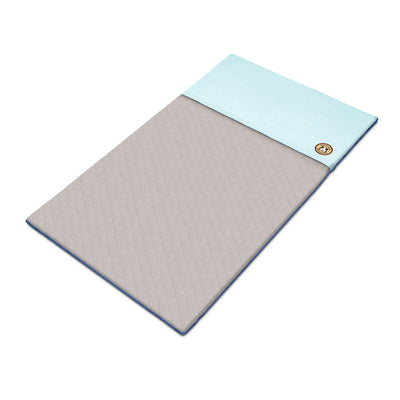
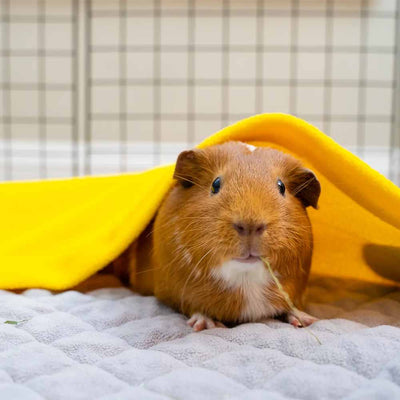
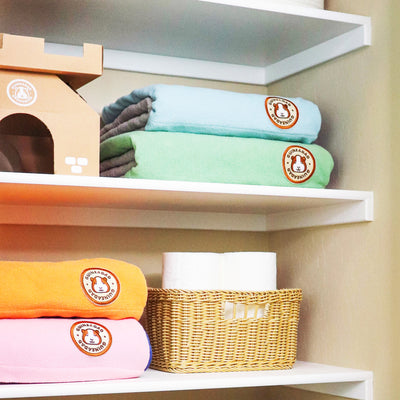
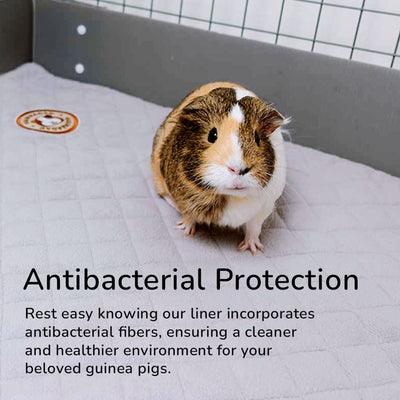
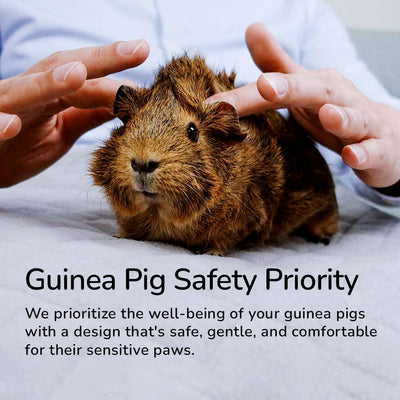

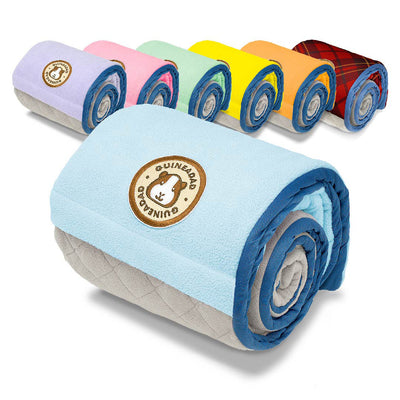


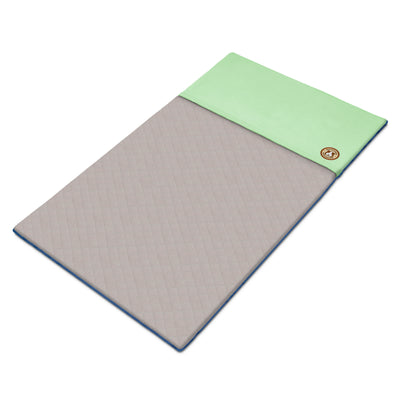
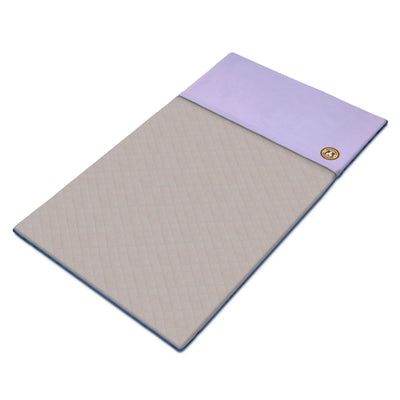
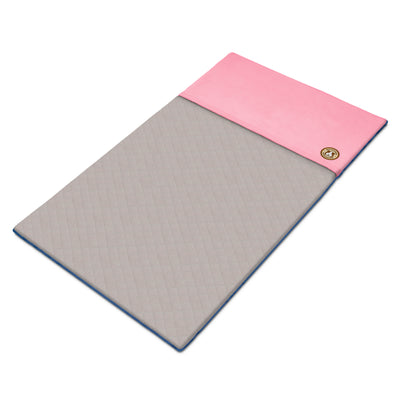
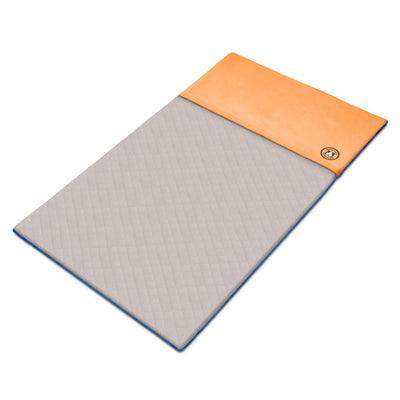
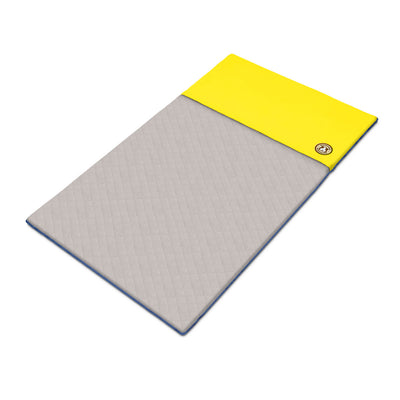
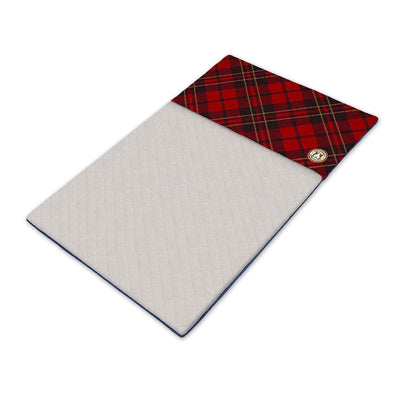
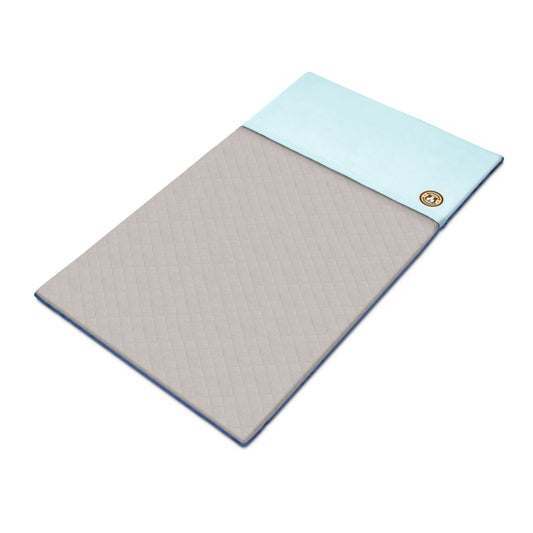







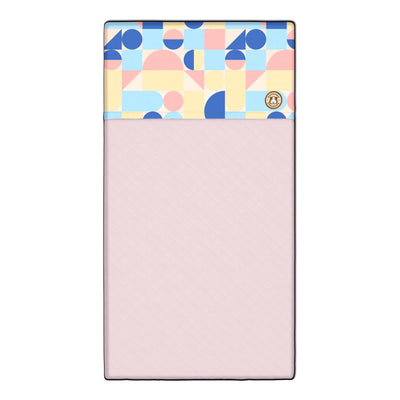
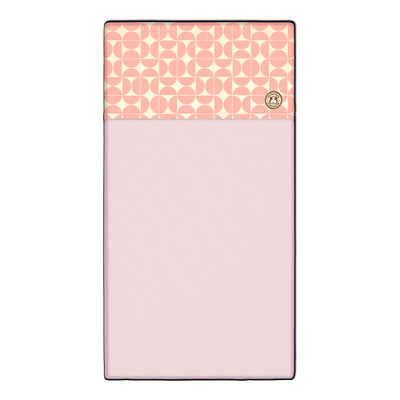
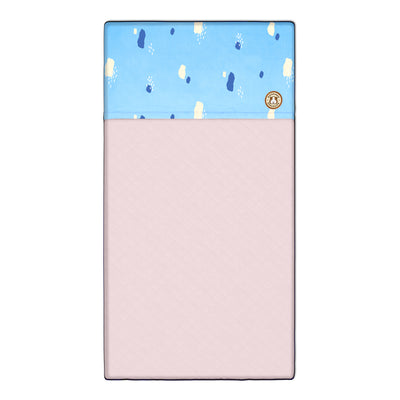
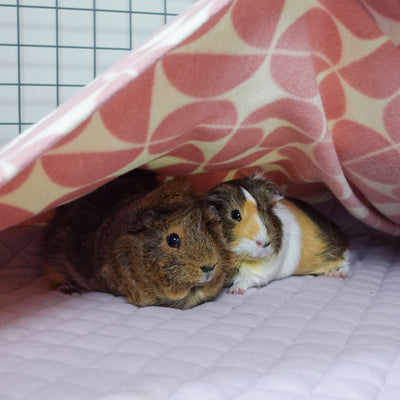
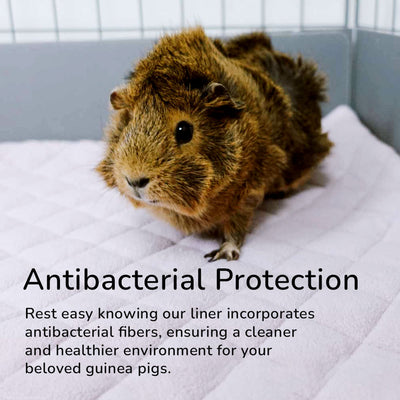
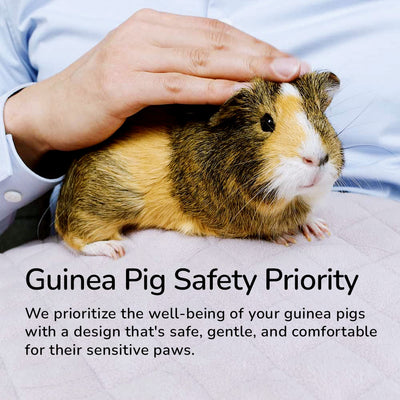

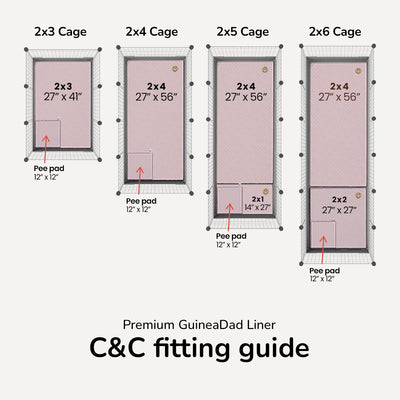

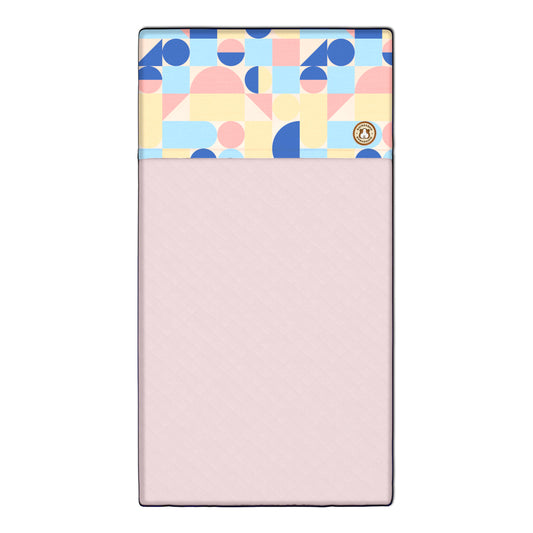



2 comments
I found this article to be very beneficial and I do not mind that you promoted some of your products in the article. Obviously, you believe that your products are the best for Guinea pigs and I happen to agree!
Did you seriously write an article on health to promote your products?! That’s awful.
I’ve used your liners and other items for years. But I seriously disagree with you writing an article on health to promote your supplments and other products.